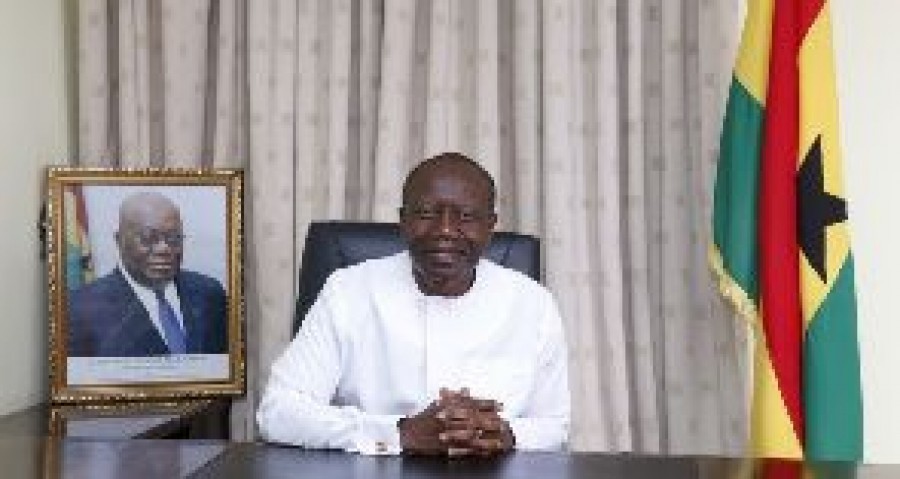Government is seeking to revive operations at the Tema Oil Refinery (TOR) by the first quarter of next year, as it aims at improving the local production of some essential products for the energy sector.
The move according to Finance Minister, Ken Ofori Atta is also in line with plans to reposition the energy sector to reduce the importation of such petroleum products.
He made the remarks at the 3rd Aliu Mahama Memorial Lectures on Wednesday, December 6, 2017.
Among the six key areas that the Minister highlighted as focus areas to move Ghana beyond aid, is the plan to develop Ghana’s oil and gas sector.
The Tema Oil Refinery (TOR) has since the commercial exploration of oil in 2010, been saddled with numerous challenges that have also hampered its refinery capacities.
Even though TOR had been tipped to increase its refinery productions from 16 to 18 million barrels, it is yet to achieve this aim.
This, Mr. Ken Ofori Atta strongly believes will be reversed by a robust plan, next year.
The significant reduction in aid to developing economies like Ghana has prompted the new paradigm for the NPP government.
It is estimated that donor support to Ghana has dropped from about 30 to 0.6 percent of GDP over the last few years.
This, therefore, makes it necessary for countries to drive development through domestic revenue sources.
Aside being faced with a potential loss of about 10 billion cedis in revenue leakages, the Finance Minister is also pressing the need to review the tax system to capture the majority who do not pay taxes.
Meanwhile, the rising imports of food means there is a need to revive Ghana’s agricultural sector whose contribution to GDP has also been declining at least for the last three years.
For Ken Ofori Atta, addressing some of these systemic challenges will also involve massive investment of about 21 billion dollars in the railway sector, in particular, to assist in carting agricultural produce from farm sites to either production sites or for exports.
The NPP government plans to grow the Ghanaian economy by some 6 percent by the end of this year, from the 3.7 percent growth recorded last year.
Other areas that have been identified to leap the economy to the anticipated level is the deepening of the financial sector with the National Development Bank, tapping into the value addition of cocoa and bauxite for exports, among others.
Source: citifmonline.com
